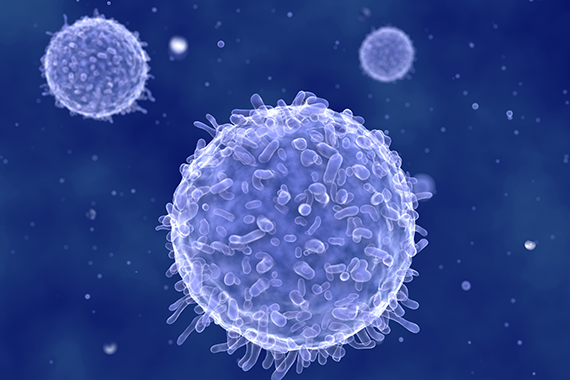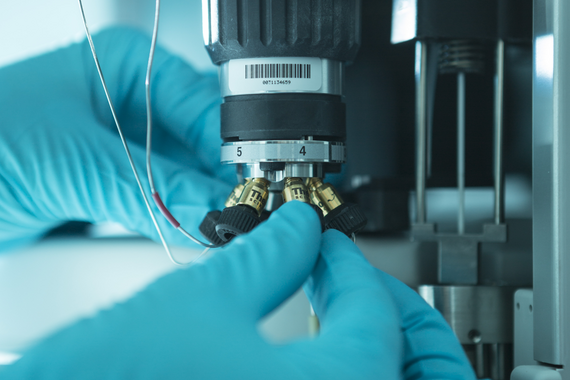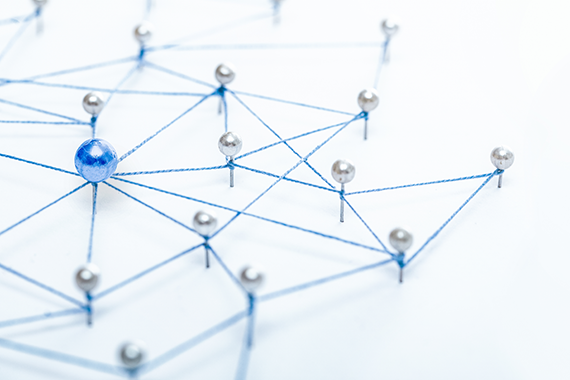- The University
- Studying
-
Research
- Profile
- Infrastructure
- Cooperations
- Services
-
Career
- Med Uni Graz as an Employer
- Educational Opportunities
- Work Environment
- Job openings
-
Diagnostics
- Patients
- Referring physicians
-
Health Topics
- Health Infrastructure
Neuroscience
Our brain and nervous system are the highly complex control center of our organism. Neuroscience is one of the most dynamic fields in the life sciences and knowledge of the normal functioning of the nervous system as well as the diseases affecting it is constantly increasing. New methods for exploring these procedures—cellular, biochemical, genetic, micro- and macrostructural and systemic—are constantly being developed. Just as our brain can only work efficiently and bring forth new achievements because of the numerous connections between neurons, our efforts are supported by the networking of active neuroscientists.

"By networking, increasing synergies, publicizing our findings, creating something new and reinforcing research clusters, we collaborate to succeed!"
Michael Khalil, spokesperson of the research field

About our research

Our focus
- Pathomechanisms of stroke
- Neuronal plasticity and repair
- Neuroimaging
- Biomarker research
- Movement disorders
- Psychiatry—genetics
- Gut-brain axis, neurobiology and behavior
- Neuroimmunology
- Neuro-oncology
- Signaling
- Nutritional psychiatry

Our goals
- Improved understanding of risk factors for stroke and its developmental mechanisms
- More extensive understanding of disease-related reorganization of the brain
- Insight into the macro- and microstructure of the brain by means of new MRI procedures
- Development and validation of body fluid biomarkers of disease activity and progression to determine disease stages and monitor therapy
- Establishment of objective electrophysiological and imaging markers for a better understanding of pathophysiological changes in movement disorders
- Investigation of the molecular biology and genetic basis of psychiatric disorders, especially affective disorders
- Investigation of endocrine, immunological and neurogenic mediators of the gut-brain axis

Our goals
- Enhanced understanding of the pathomechanisms of progressive MS
- Radiological characterization of brain metastases and development of personalized therapy concepts for brain tumors
- Development of implantable devices for local administration of chemotherapy to treat brain tumors
- Optoelectronic stimulation as therapy following traumatic brain injury
- Investigation of diet, the gut-brain axis and genetics in psychological and psychosomatic disorders
- Investigation of neural circuits using 3D electron microscopy
Contact
Research field Neuroscience


